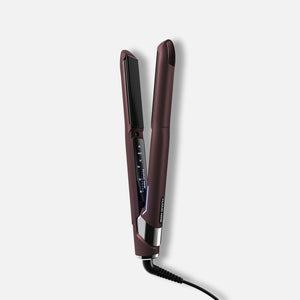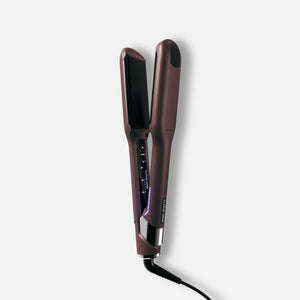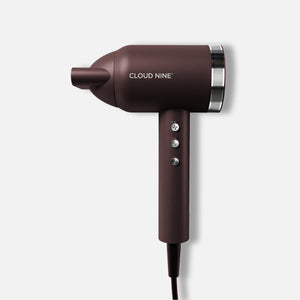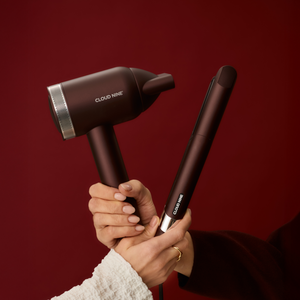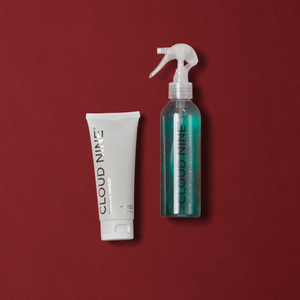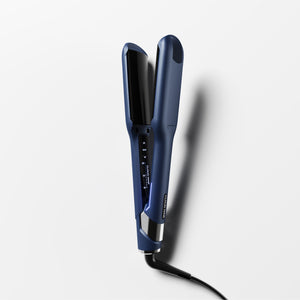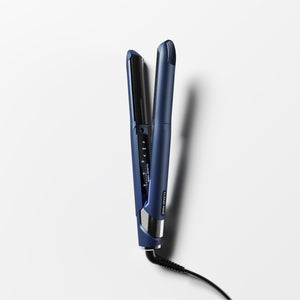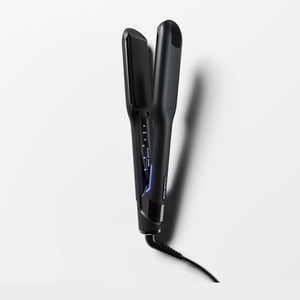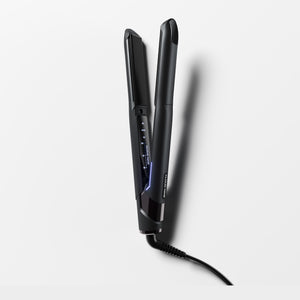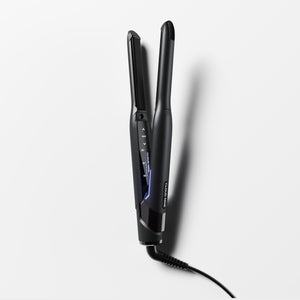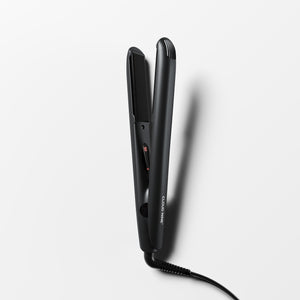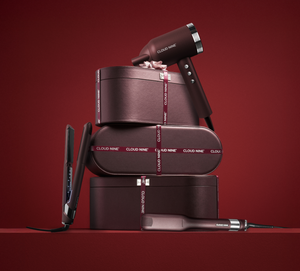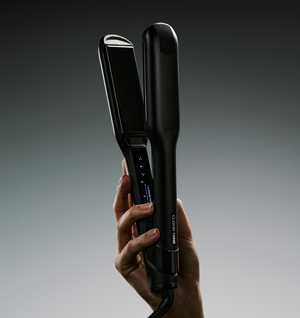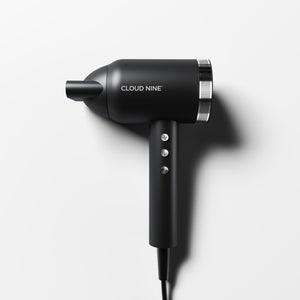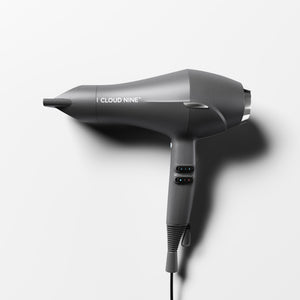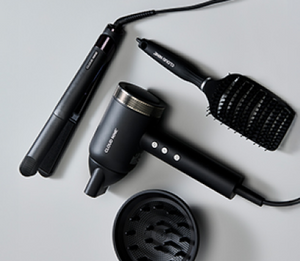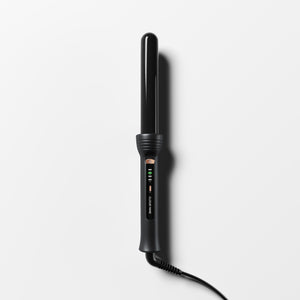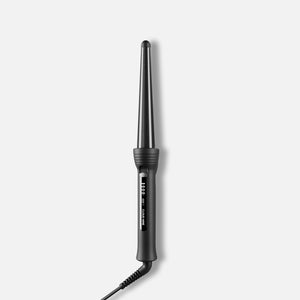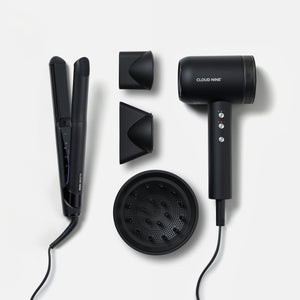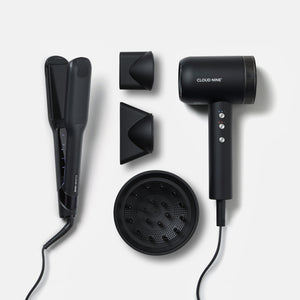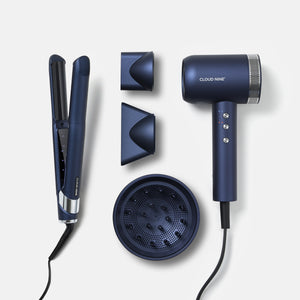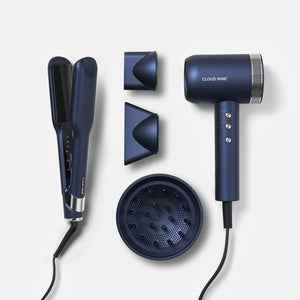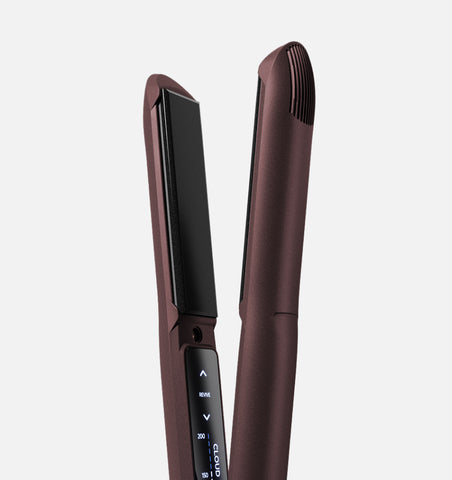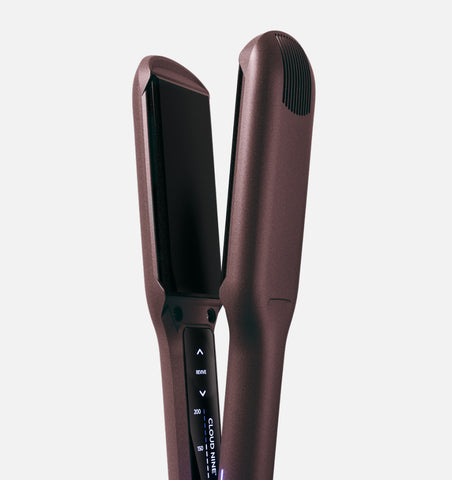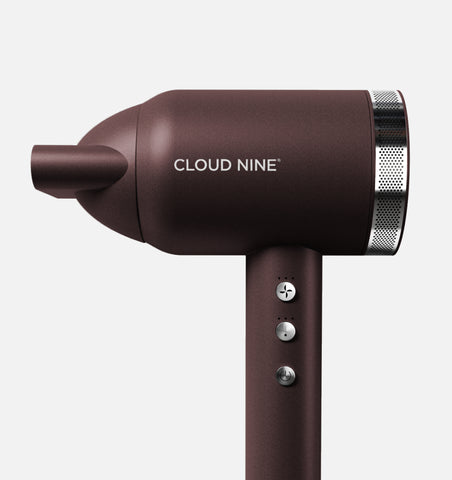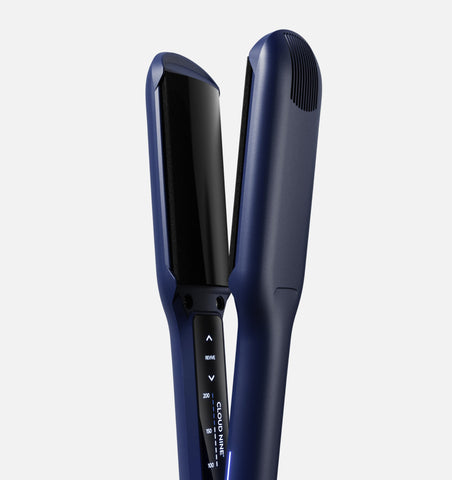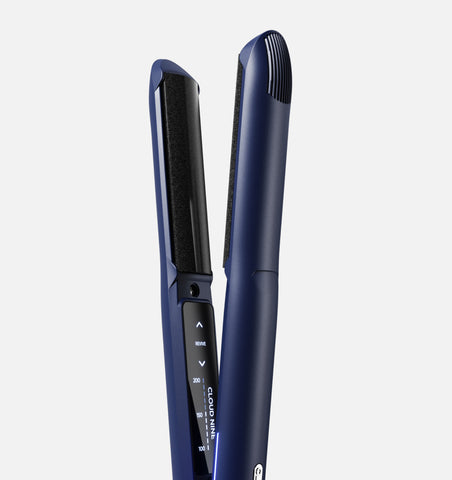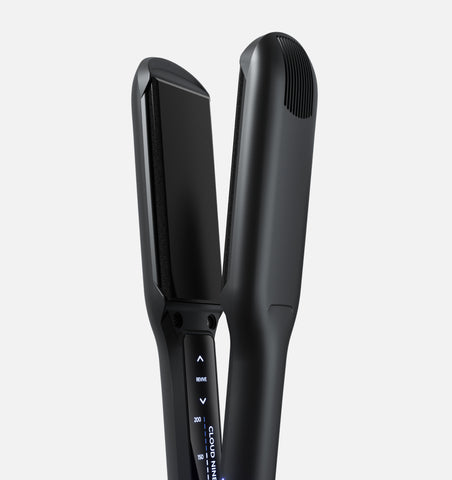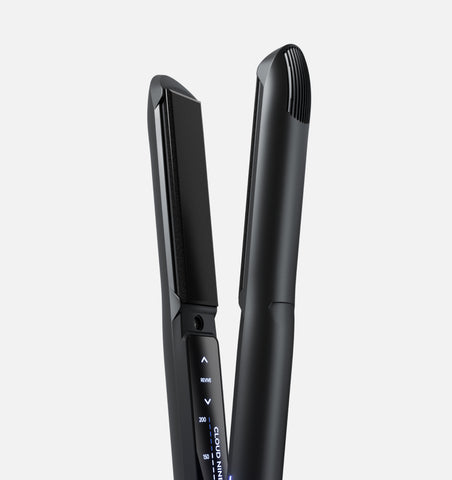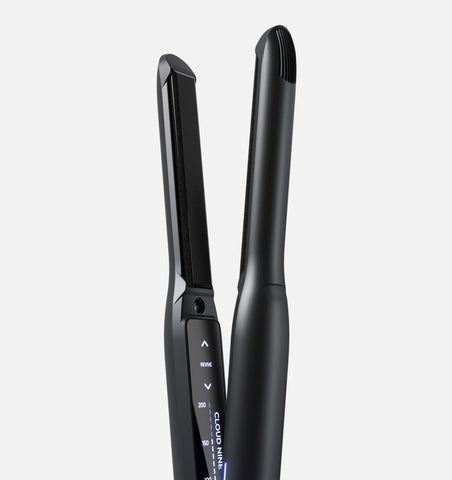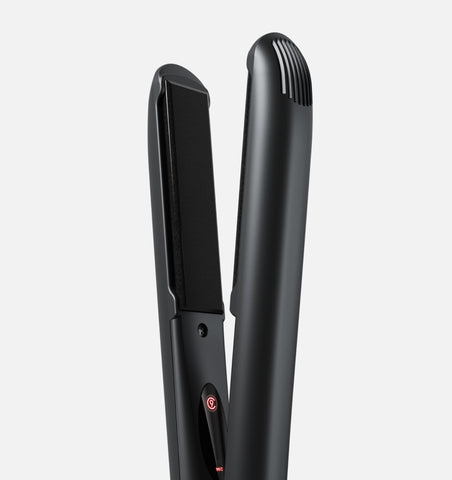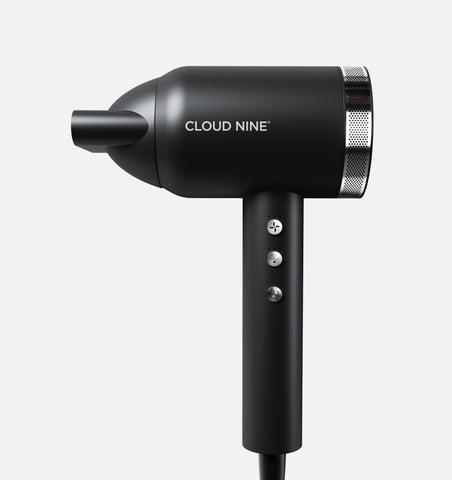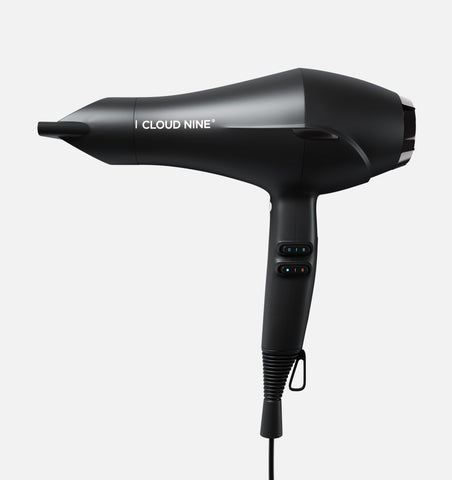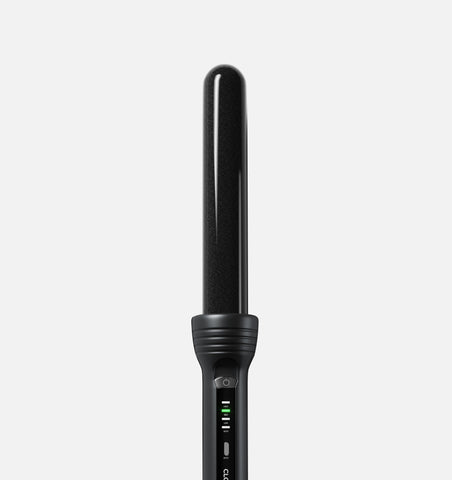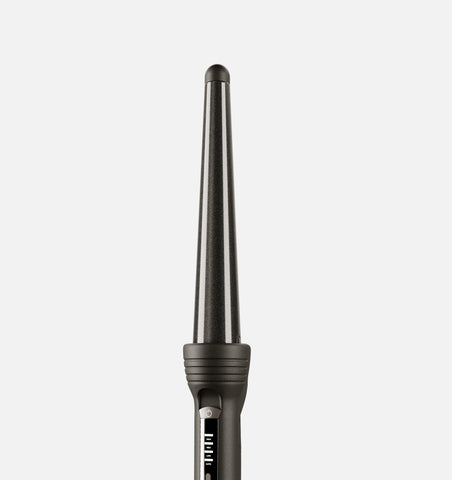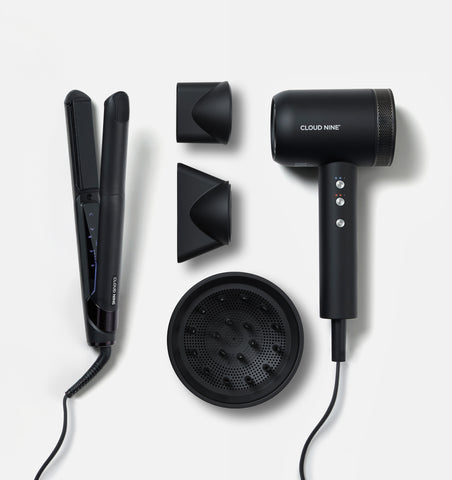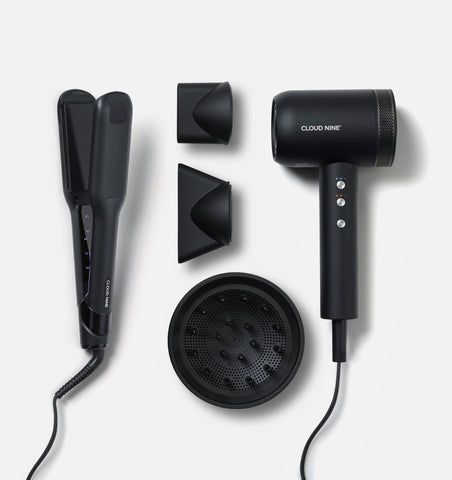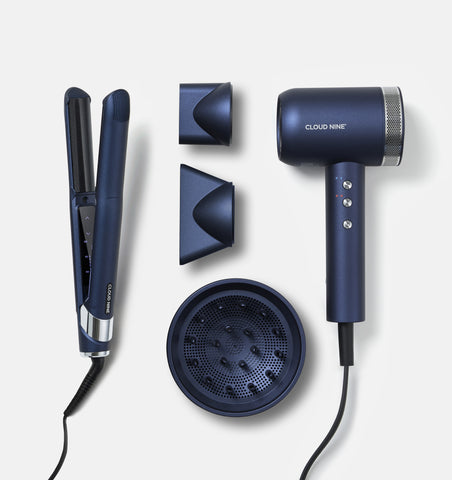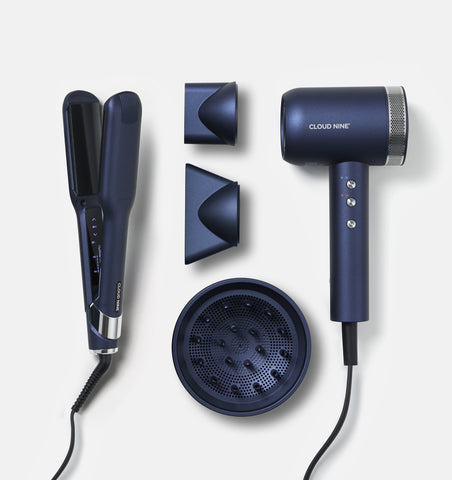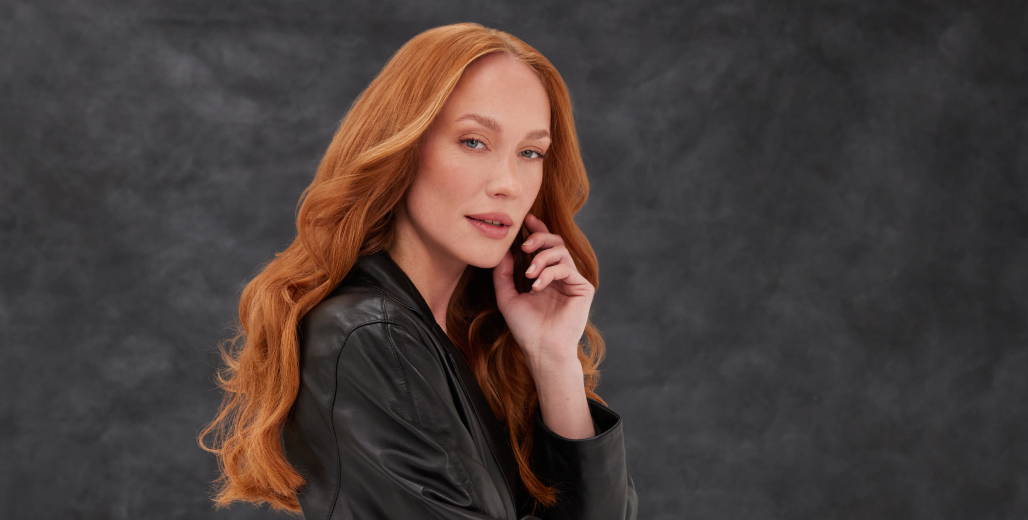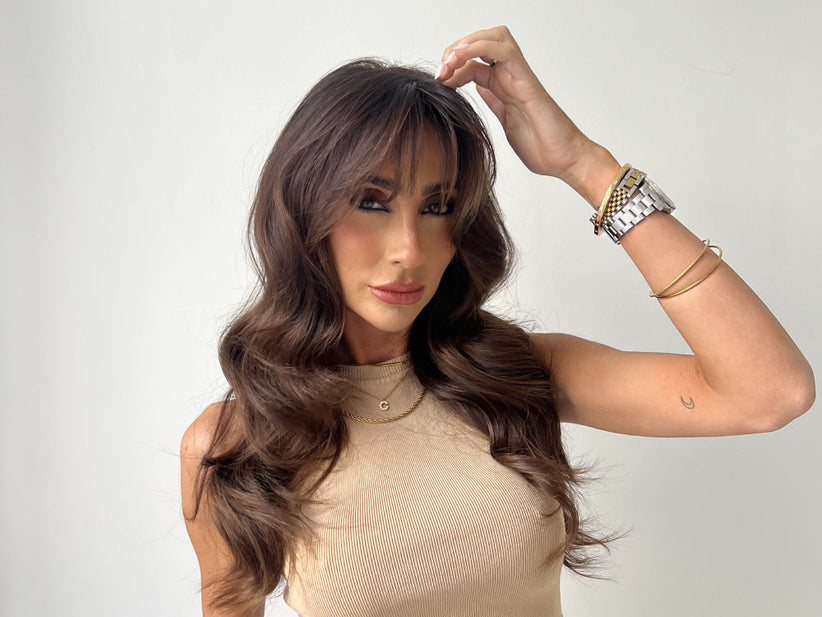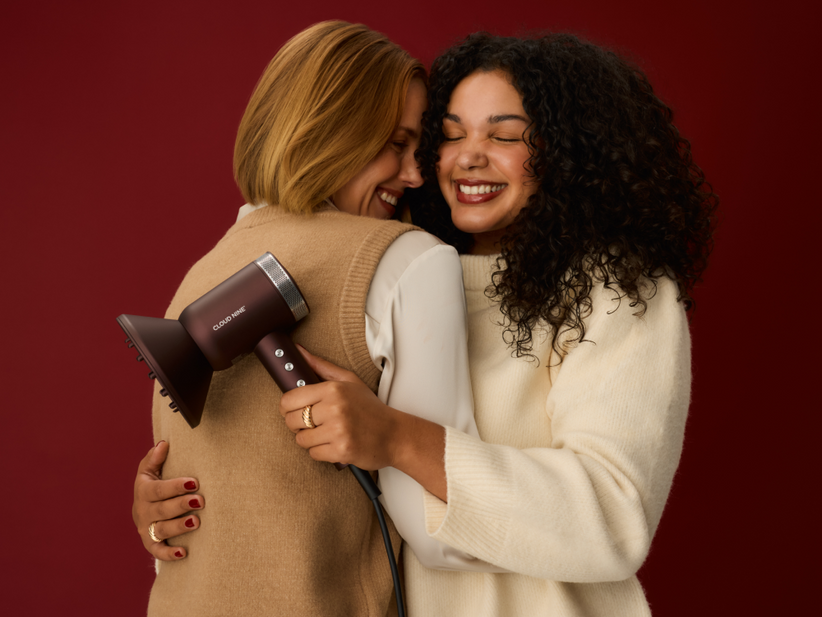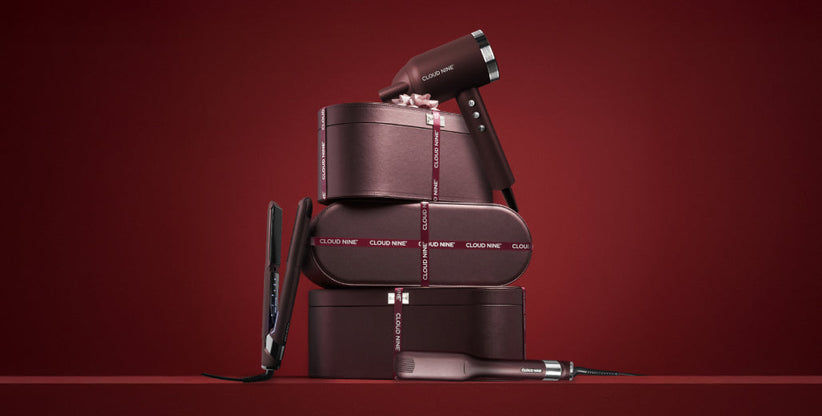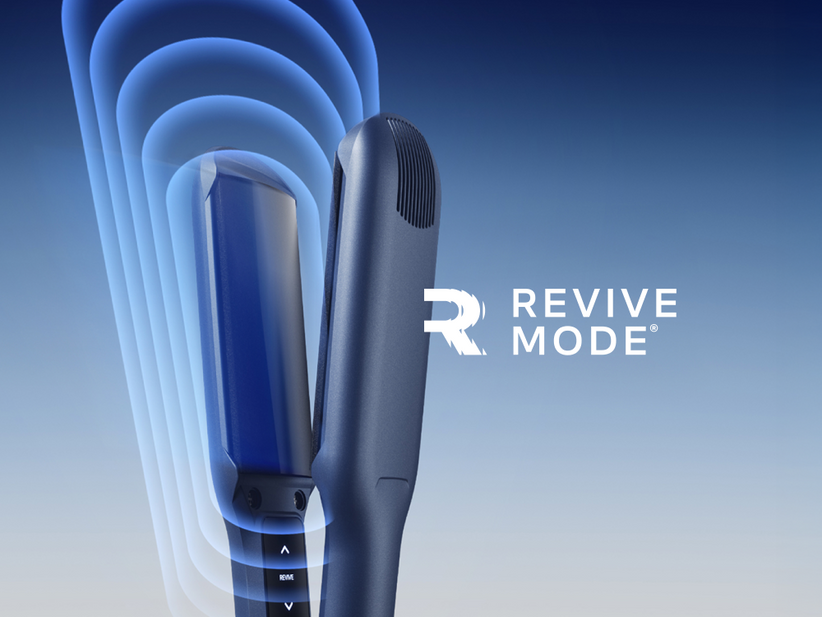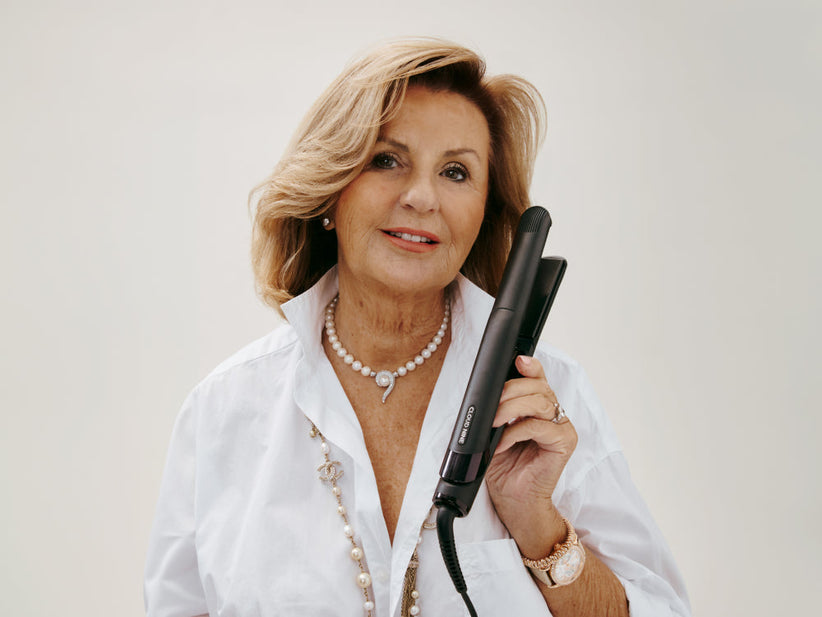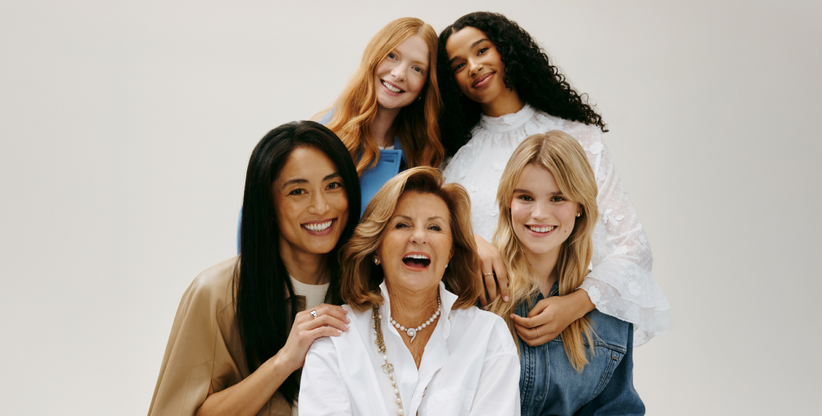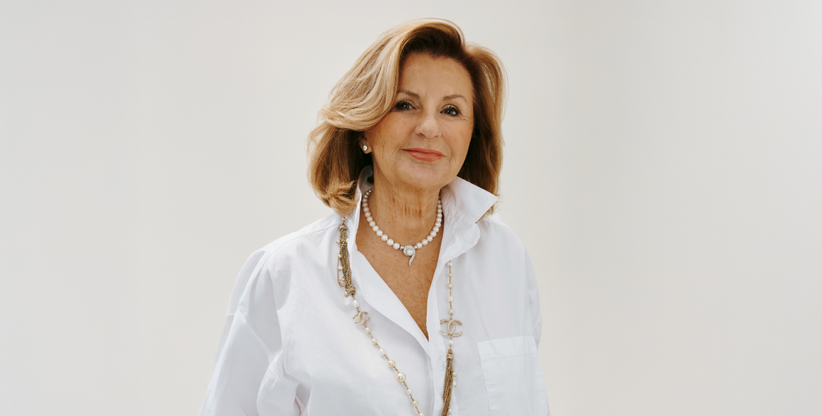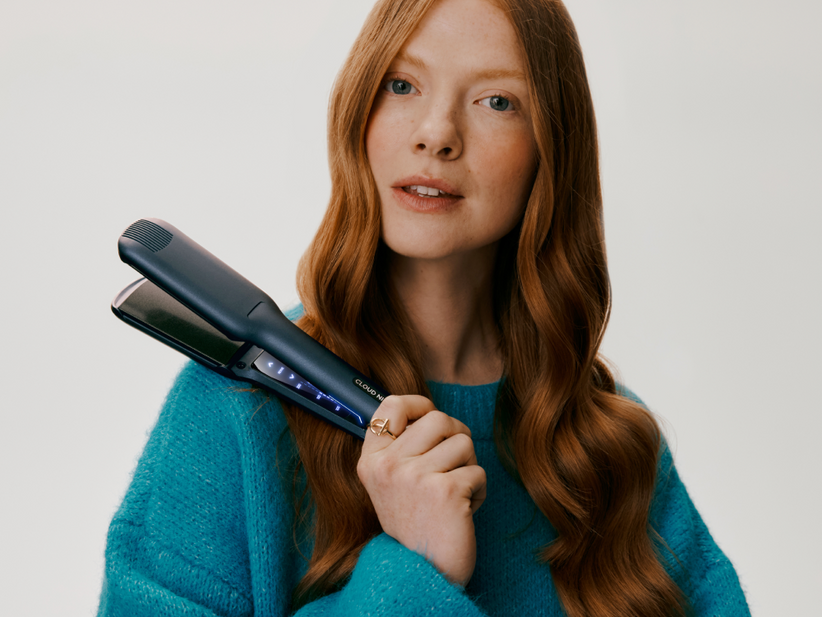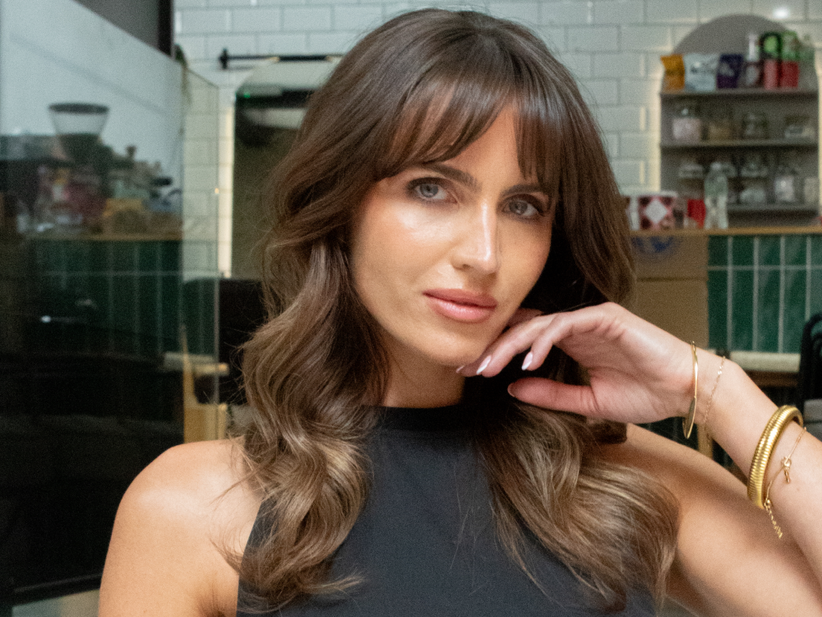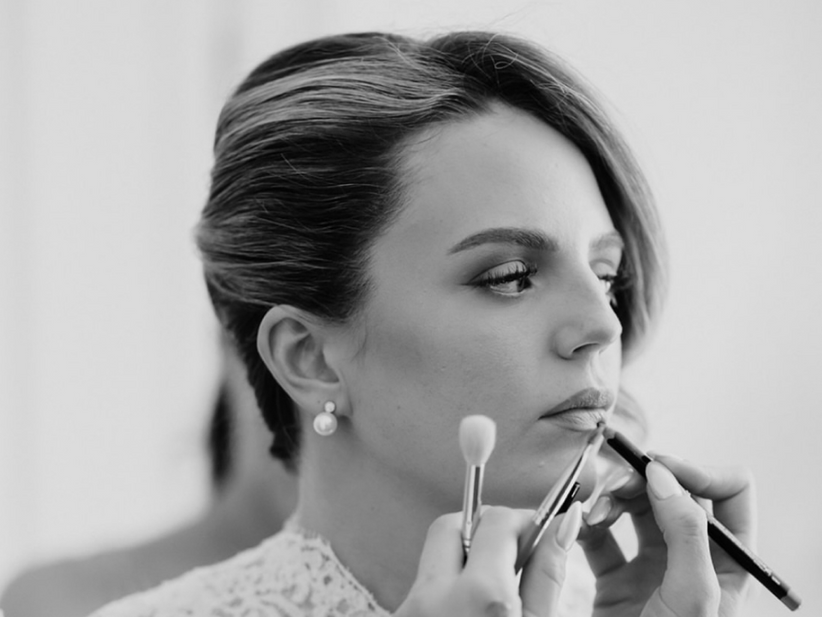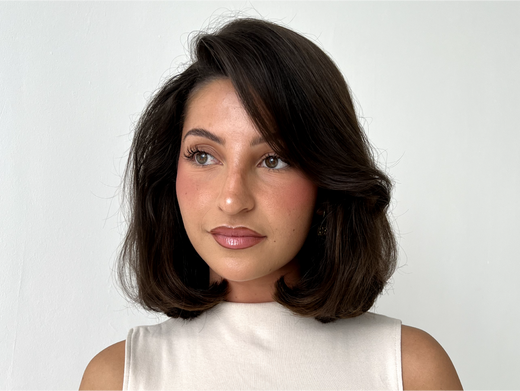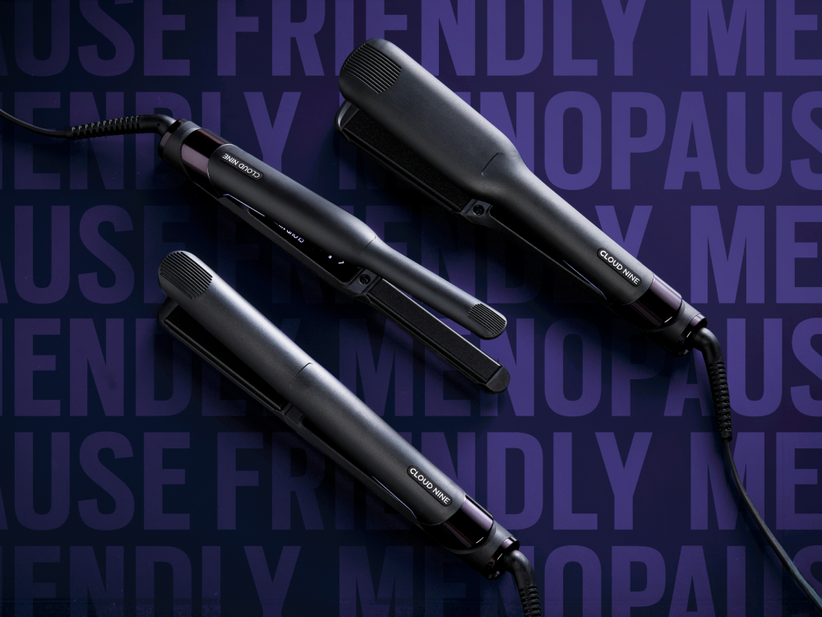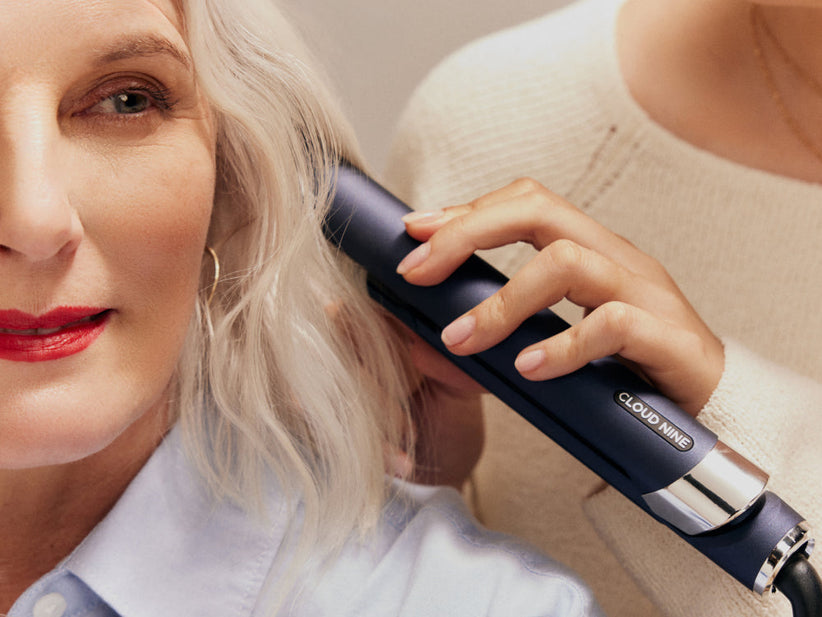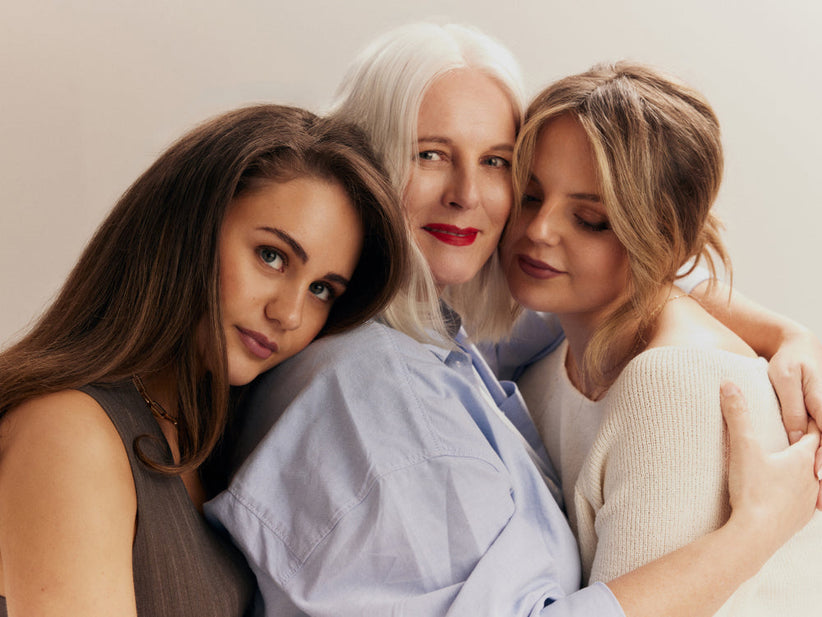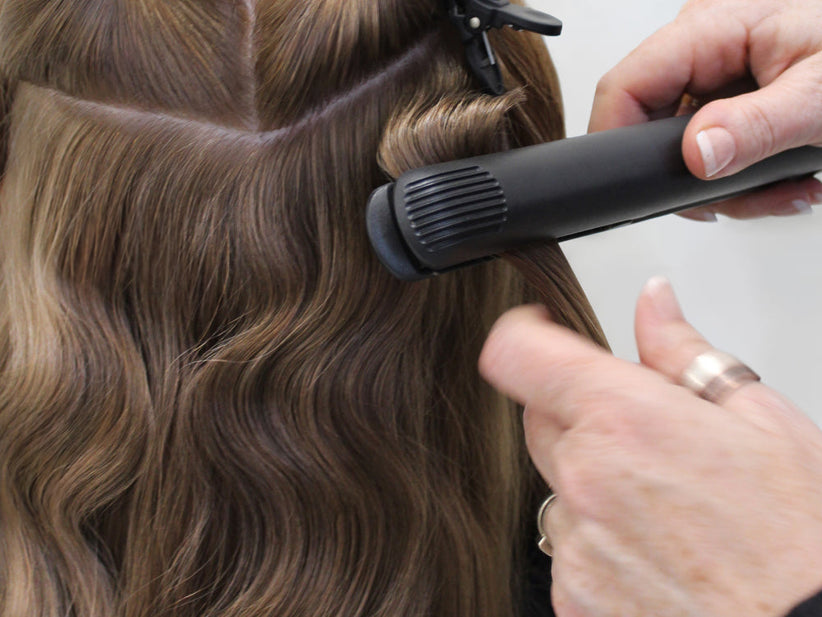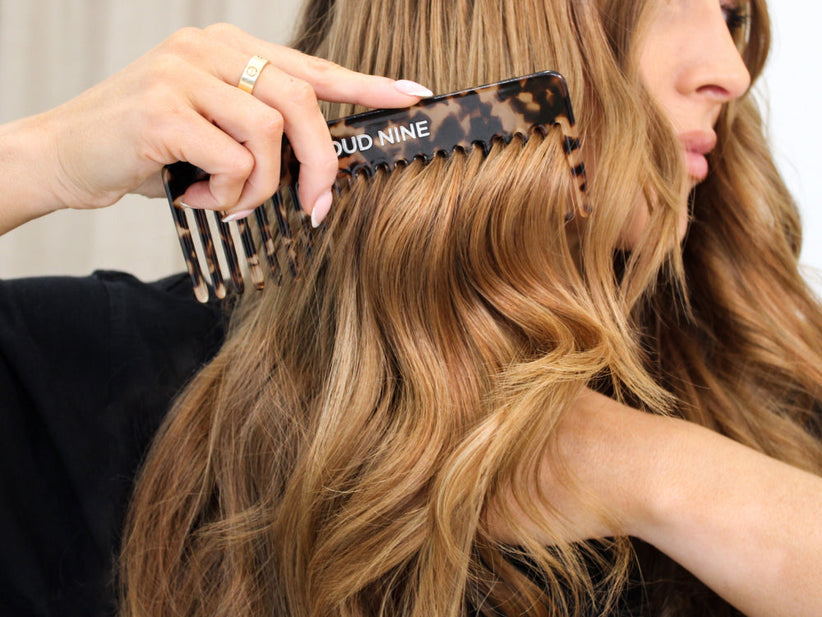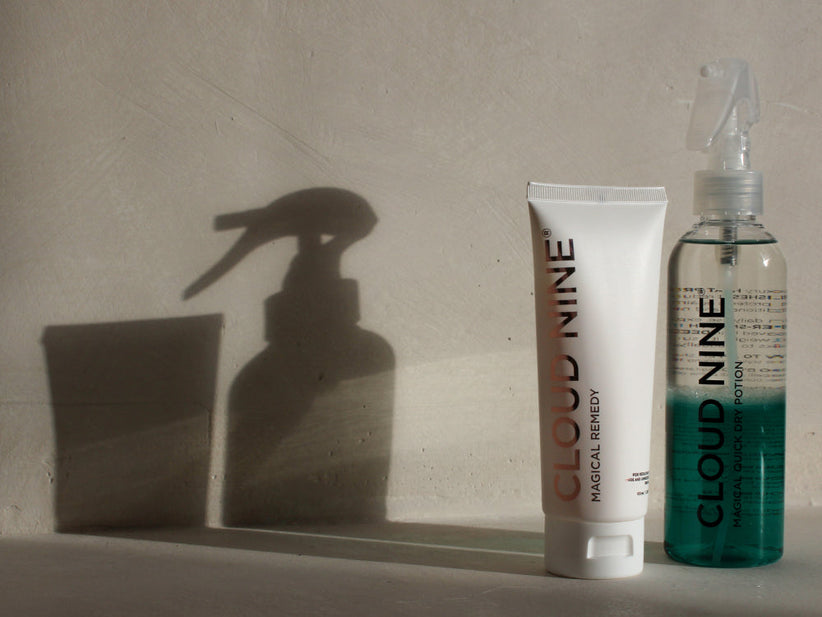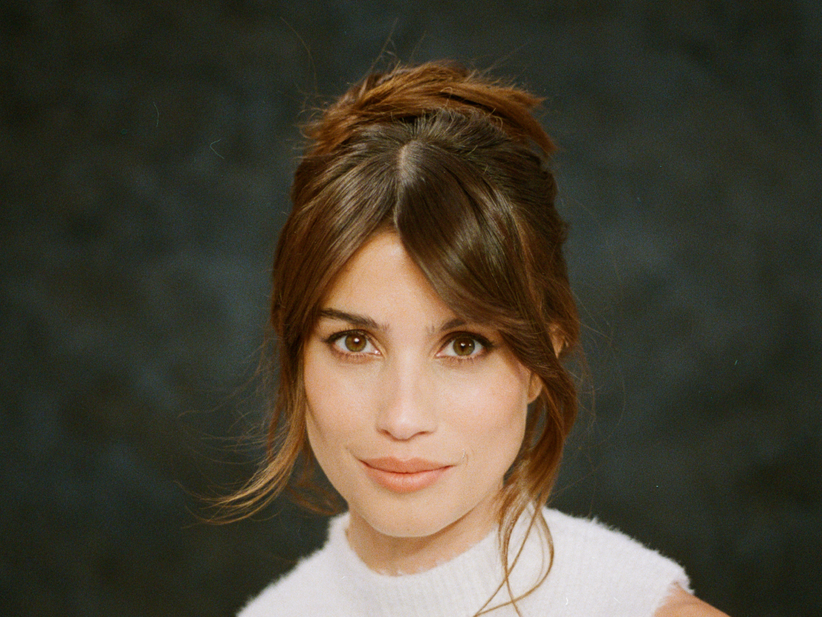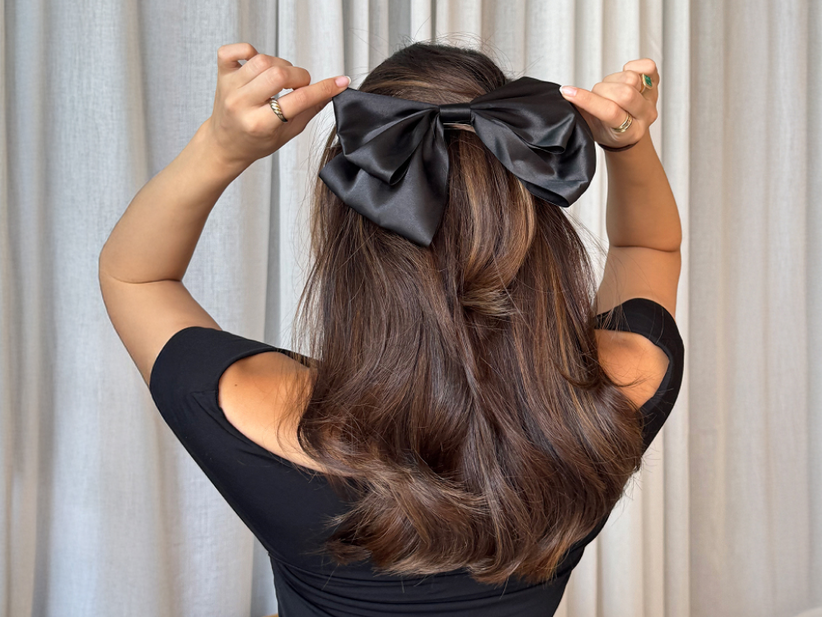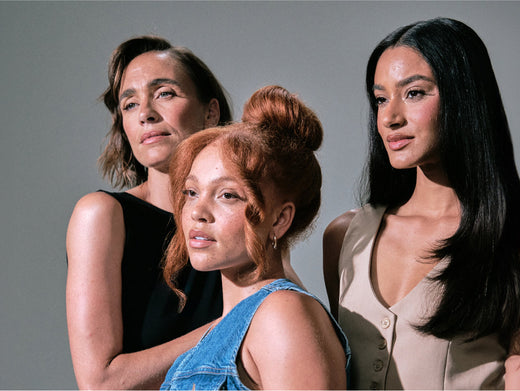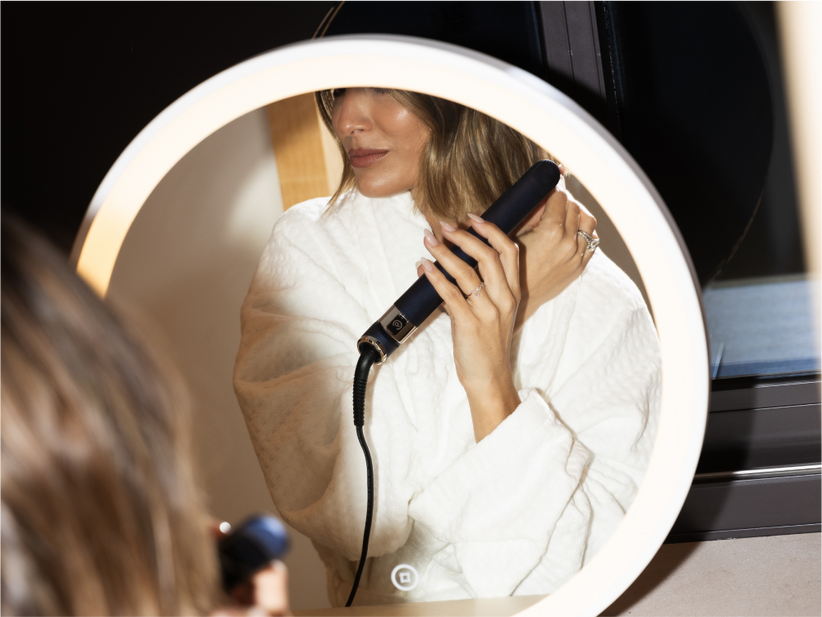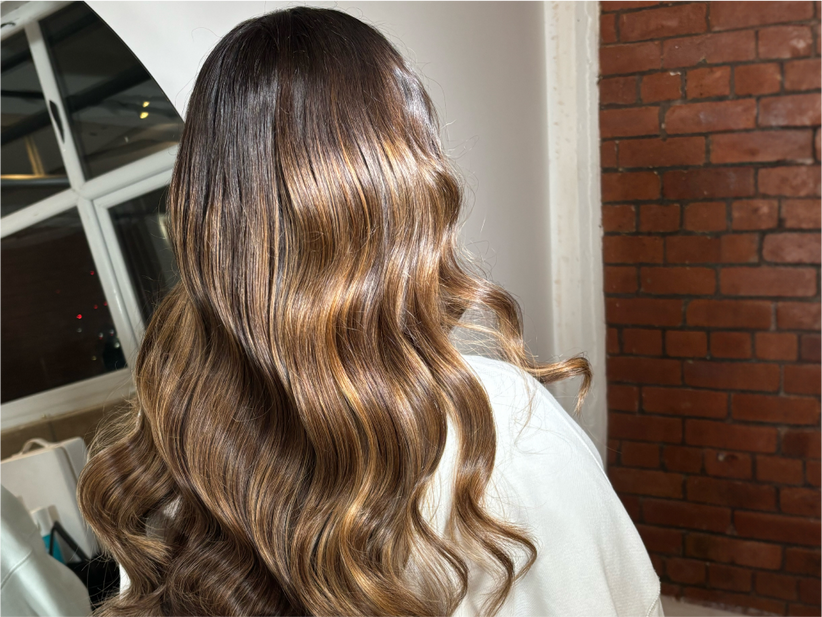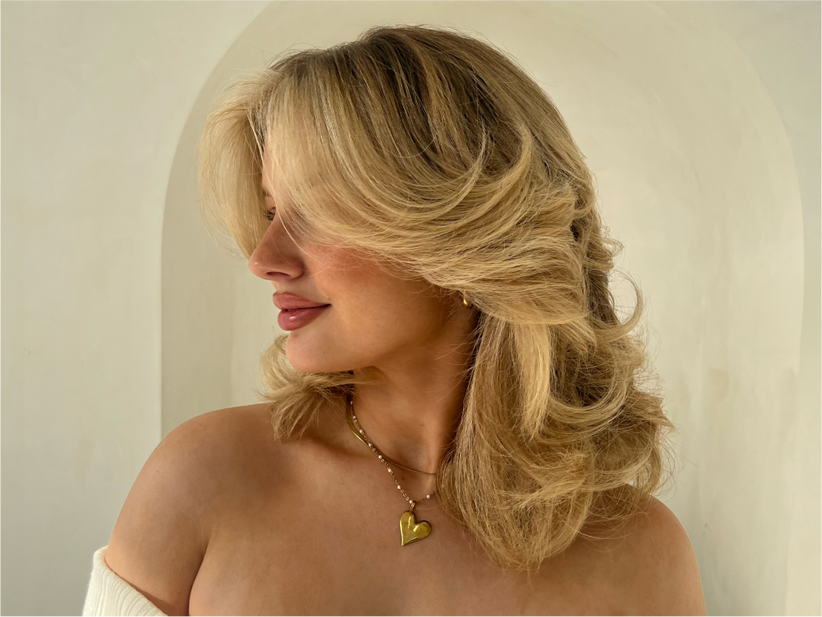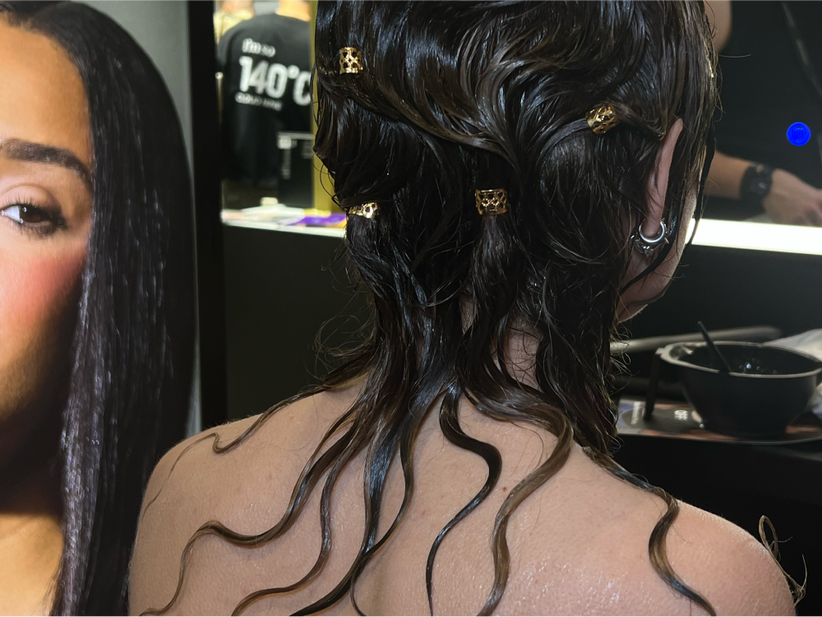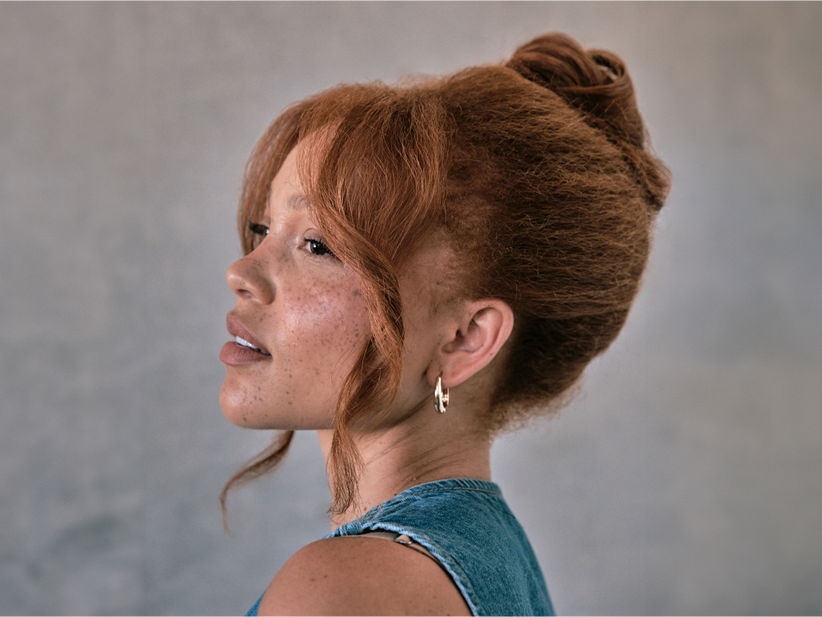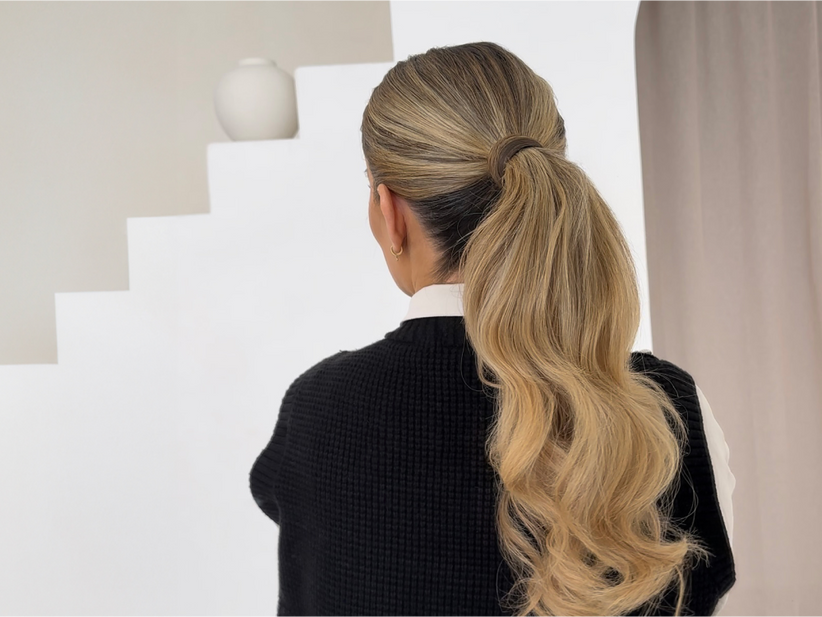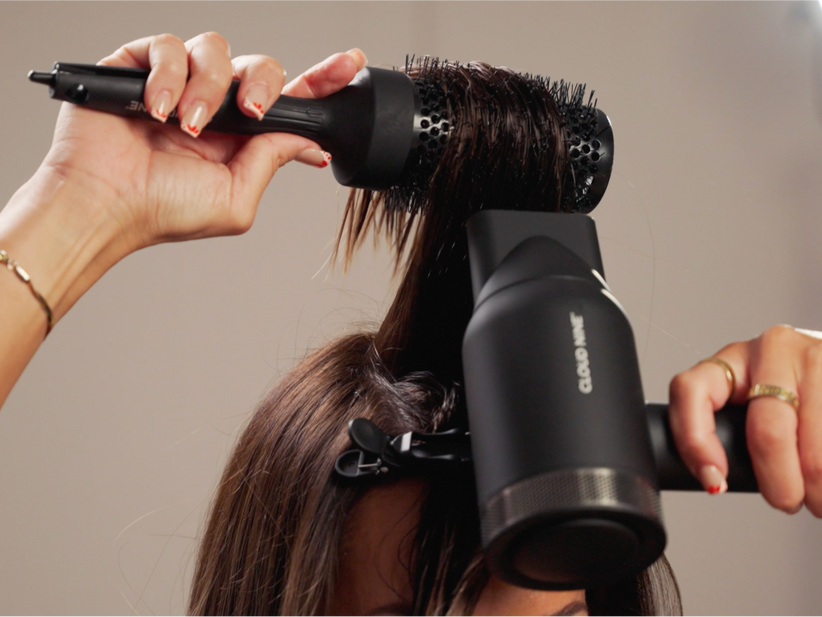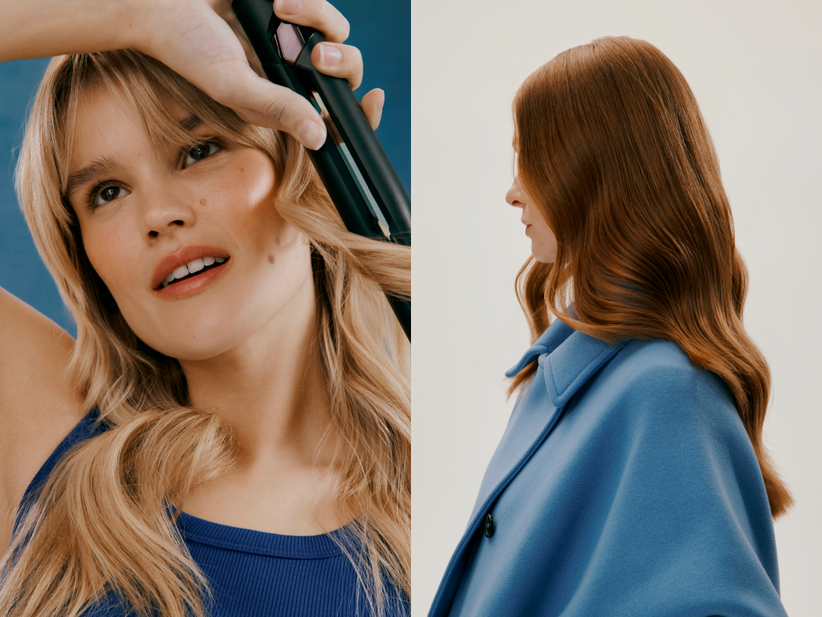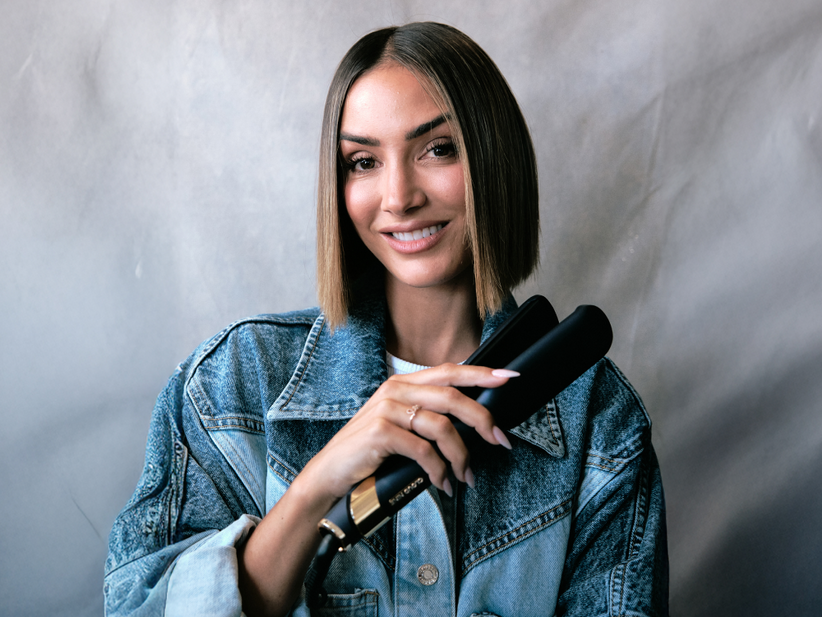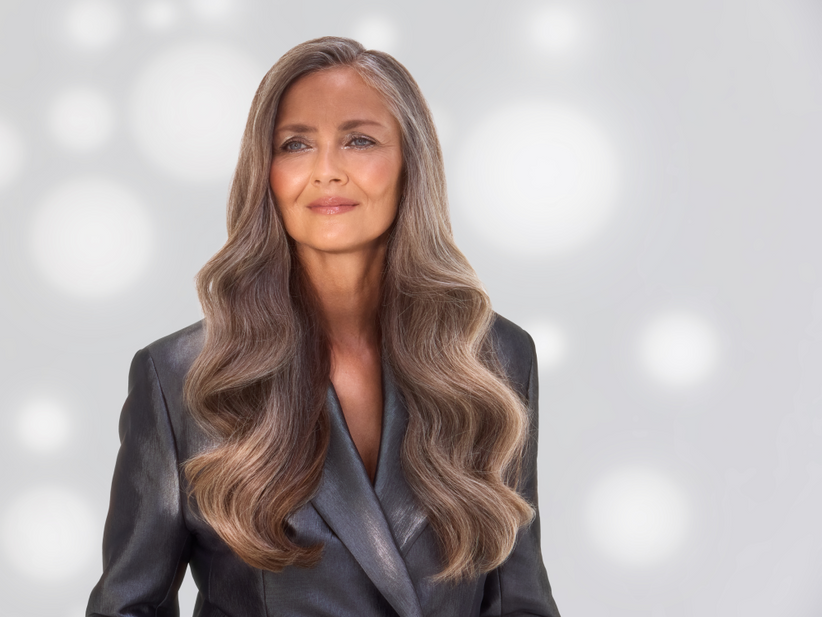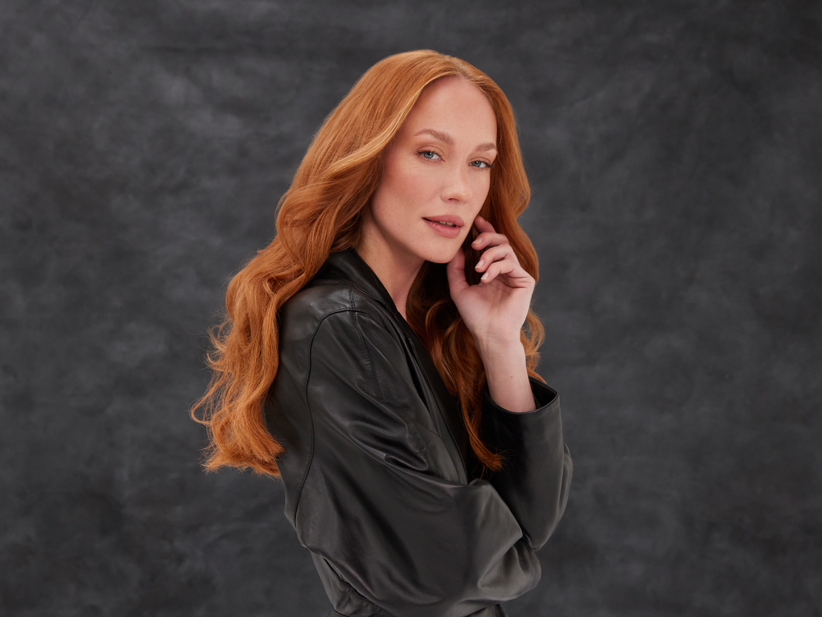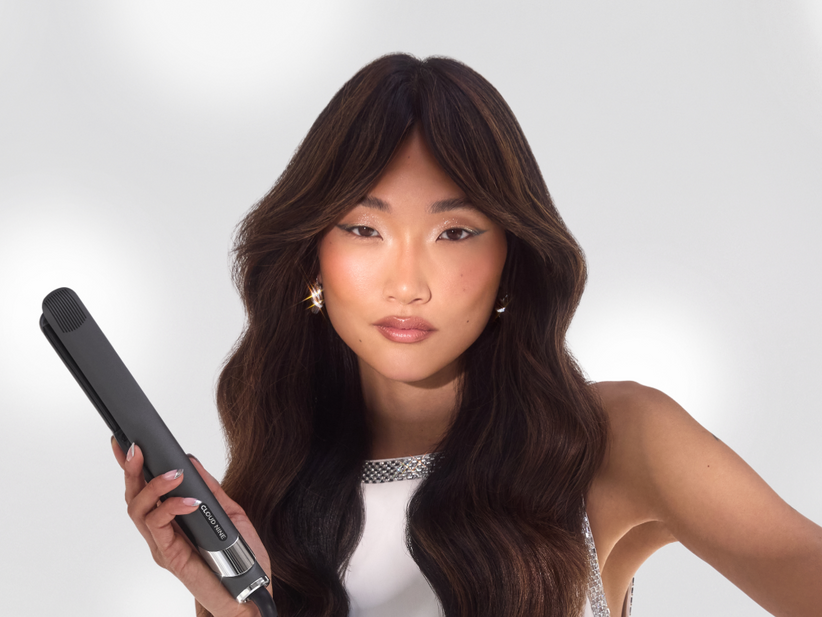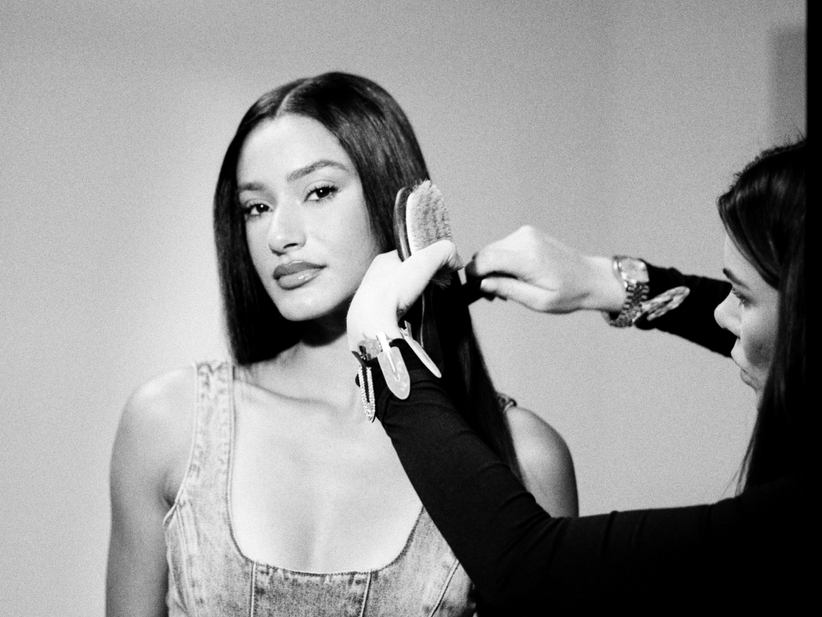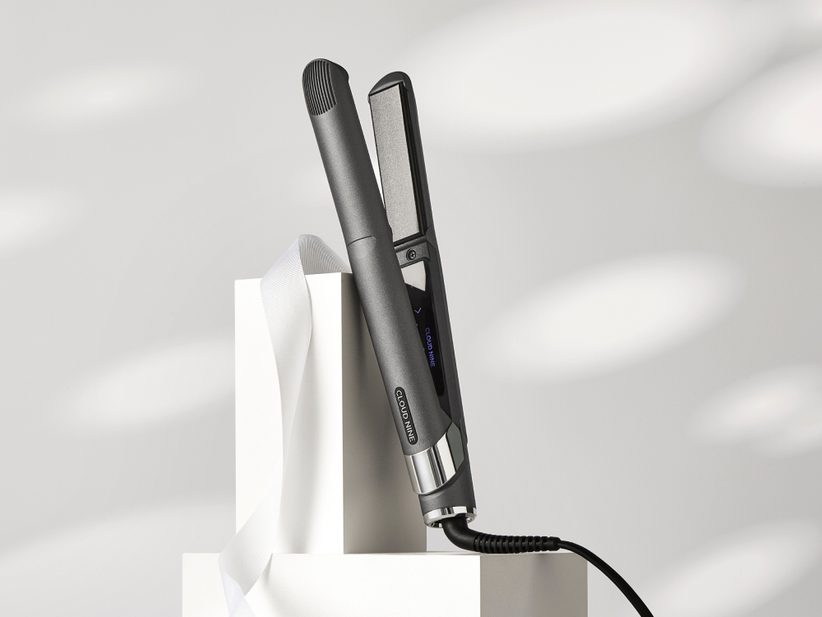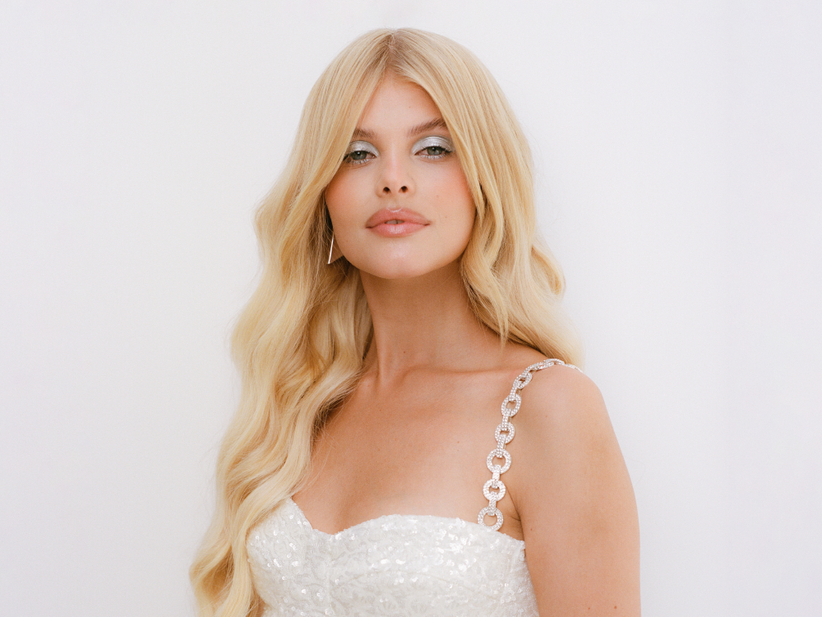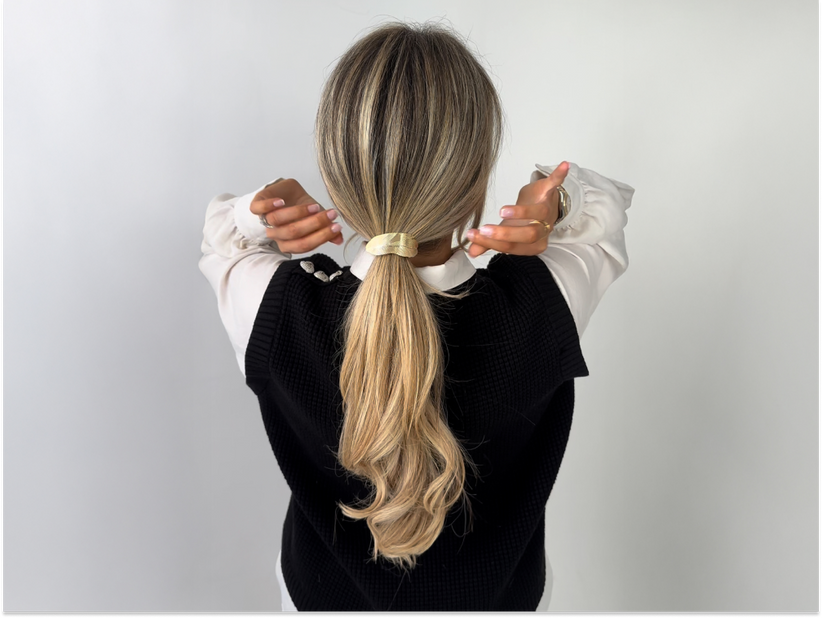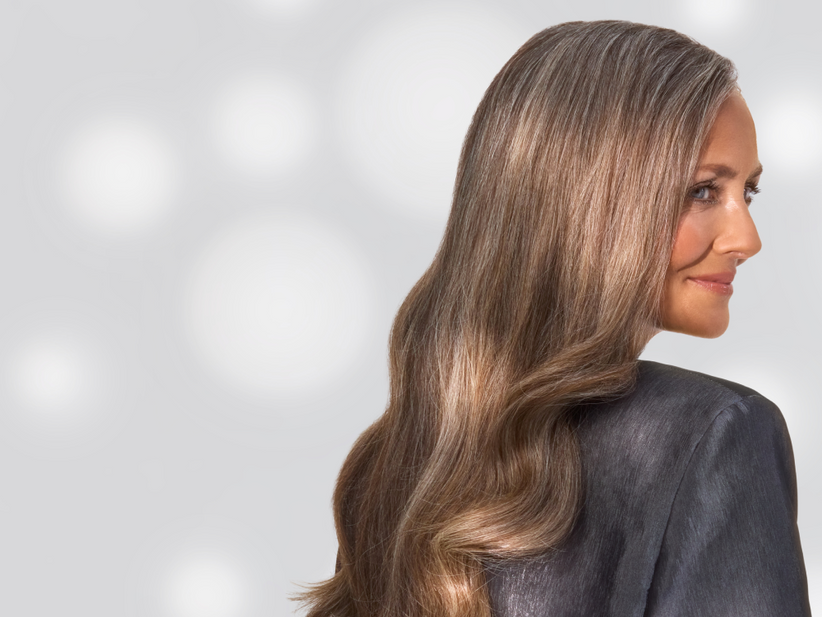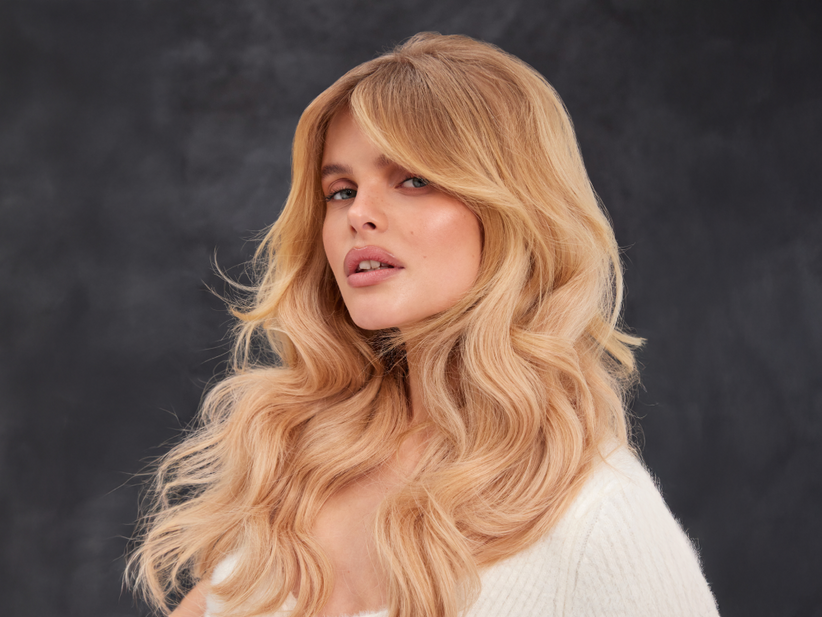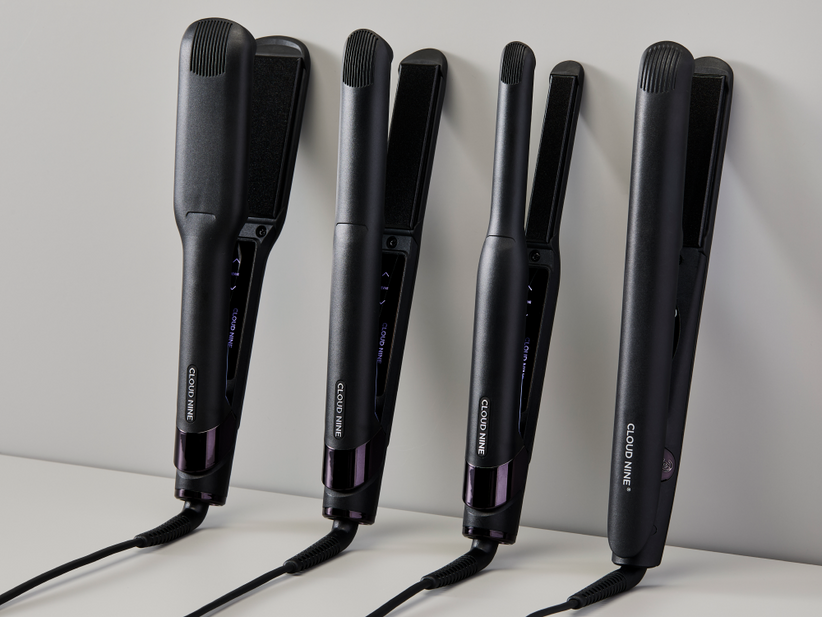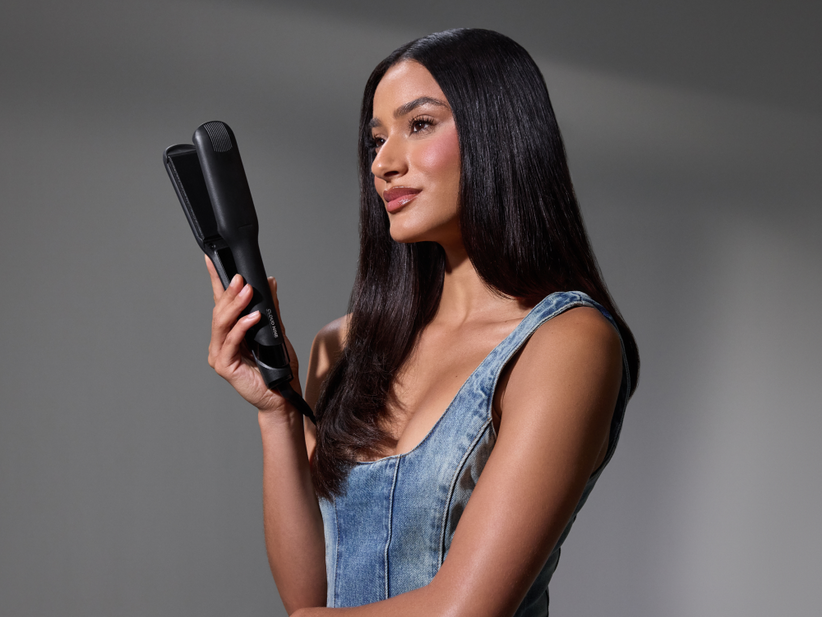Going through early menopause due to medical treatment can be a lot to process – and on top of everything else, changes to your hair might come as an unwelcome surprise. Whether it’s thinning, dryness, or a complete shift in texture, your hair may need a little extra TLC. But with the right care, you can keep your hair looking and feeling its best.
MEDICALLY INDUCED EARLY MENOPAUSE KEY TAKEAWAYS
- Medically induced early menopause happens when certain medical treatments or surgeries cause your ovaries to stop working earlier than they normally would.
- Symptoms of medically induced early menopause can include thinning hair on all areas of the body, dry, dull, or sensitive skin, and nails that are brittle or discoloured.
- These changes can understandably feel overwhelming, but they are common and manageable.
- Symptoms of medically induced early menopause tend to be more intense than those of natural menopause.
- Managing hair changes during medically induced early menopause can feel overwhelming, but options like gentle haircare, protective styling, and HRT can help regain confidence.
WHAT IS MEDICALLY INDUCED EARLY MENOPAUSE?
Medically induced early menopause happens when certain treatments or surgeries (like chemotherapy or endometriosis surgery) cause the ovaries to stop working early. While natural menopause usually happens gradually in your 40s or 50s, medically induced menopause can happen suddenly and often comes with more intense symptoms – like hot flushes, mood swings, and trouble sleeping. This can be a temporary or permanent change, depending on the treatment and how much damage is done to the ovaries.
WHAT CAUSES MEDICALLY INDUCED EARLY MENOPAUSE?
Several medical treatments can trigger early menopause, including:
- Chemotherapy – While often essential for treating cancer, this process can also damage the ovaries because they contain fast-dividing cells, just like cancer. This can lead to a sudden drop in hormone levels and stop your periods.
- Radiation therapy – Another common cancer treatment, which, when aimed at the pelvic area, can also harm the ovaries and cause a sudden onset of menopause.
- Surgery – If your ovaries are removed (oophorectomy) or you have a radical hysterectomy, which takes out your uterus and nearby tissues, it results in immediate menopause.
Other treatments, like hormone therapy for breast cancer, might temporarily shut down your ovaries to lower oestrogen levels, but when the therapy ends, ovarian function may return.
These treatments are often necessary for managing conditions like cancer or endometriosis. Every case is different. If you are concerned about the side effects of a treatment you are undergoing, ask your doctor or nurse for more guidance.
SYMPTOMS OF MEDICALLY INDUCED EARLY MENOPAUSE
Medically induced early menopause can bring a range of symptoms, including changes to the:
- Hair: Hair may thin or fall out entirely from your scalp, eyebrows, eyelashes, and body.
- Skin: Hormonal fluctuations may lead to dry or dull skin, making your complexion look different and feel more sensitive to skincare products.
- Nails: Nails may become brittle or discoloured, sometimes peeling or developing ridges.
These changes can understandably feel overwhelming, but it’s important to know that they are both common and manageable, and you’re not alone in navigating them.
Symptoms of natural menopause vs medically induced early menopause
While both natural and medically induced early menopause cause similar symptoms, there are some differences in their:
- Timing: Natural menopause usually occurs gradually in your late 40s or early 50s, while chemo-induced early menopause can happen suddenly in women of any age.
- Intensity: Symptoms of early menopause due to medical treatments such as chemotherapy, including hot flushes, fatigue, and hair loss, can be more intense and immediate than in natural menopause.
“Confidence isn't something that just comes to you - you don't just wake up one day and feel confident. It takes time, it's a journey of its own. Once you're brave enough to do something, the confidence will follow.”
Huji, mum of two, content creator celebrating her grey hair.
